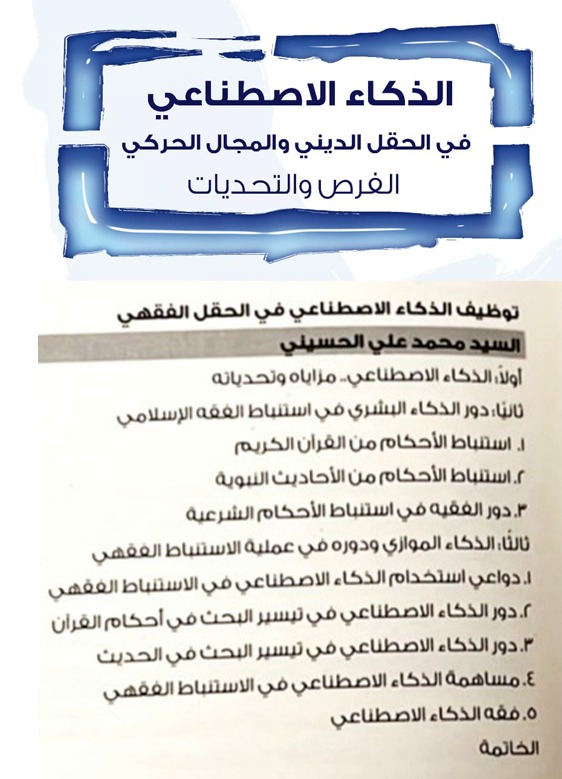Sayed Mohamad El Husseini: Religion does not eliminate the national belonging and identity

Sayed Mohamad El Husseini: Religion does not eliminate the national belonging and identity
There are different bad damages as the effects of the religious extremism phenomenon specially among the countries of the Middle East, in terms of distortion of mind for many of the concepts and deformation of the prevailing understanding of them over the decades. We have found several political agendas behind this phenomenon, which have used the terrorism as a means to achieve its goals and objectives. The greater damage of extremism in the Middle East is considering the national belonging not accepted by the religion.
The religious radicalism has significantly focused on the issue of abolition the national belonging and identity, which many efforts have been made significantly to erode the nationwide belongingness, while forgetting that the Prophet of Islam "may god bless him", was an Arab who did not fall back or abandon Arabism. The Prophet (may god bless him) did not call for people to abandon their nationalities or their home countries, however he emphasized on such belonging as he said in the Hadith: " loving the Homeland is a part of religious faith," and that means that the religion did not emerge as an alternative to the homeland or nationalism, but each has its own track and its private context without being contradictory.
Islam, which honored humanity in general and Arabs in particular, has used piety as a measure of differentiation and comparison between different nationalities, peoples and tribes, as mentioned in dignified verse (O people, we created you from a male and a female, and made you into nations and tribes in order to interact, the favorite among you for God is the most pious one). Piety does not require giving up their national or human affiliations, because the national identity is predetermined by Allah Almighty who created us and as much as us created this affiliation, and we shall obey accept such divine will.
Currents and extremist trends showed lot of efforts in order distant the religious from their homelands and nationalities and even their families and to their families, in order to use them as fuel for religious extremism in the region and impose their radical thoughts as a reality on all the peoples and countries of the region. It is important to note here that we need to wonder: who is taking advantage from those extremist religious trends to abolish the national belongingness? It is clear that there are three parties are benefiting from the abolition of national identity of any Arab specifically:
- The external enemy who refuses to live in peace.
- The internal enemy that feeds religious extremism and sectarian strife in the region.
- Other evil people of various factions and groups.
According to our point of view, we think that religion does not eliminate the sense of national belonging because this is among the blessings of God Almighty and that God is not willing to deprive people from such a blessing. Here, just as that the national belonging and identity are playing significant role in reducing the extremism and fanaticism, it is an addition, an impregnable fence of protection for the individuals against those who seek to drag them and their communities towards the suspicious extremist religious currents.
* Sayyed Mohamad Ali Husseini



التعليقات (0)